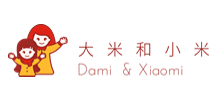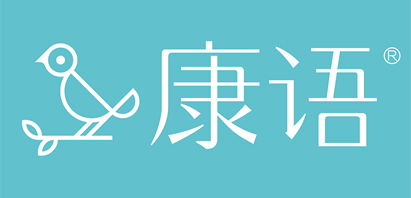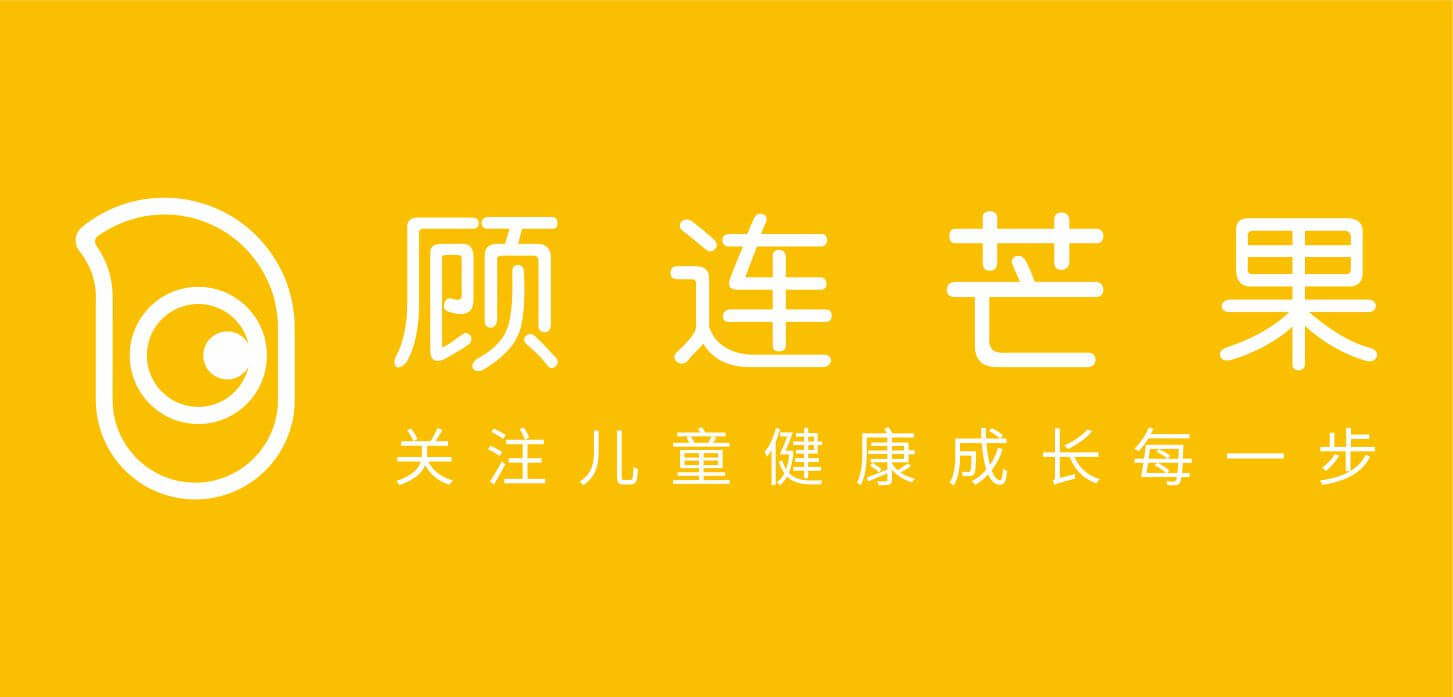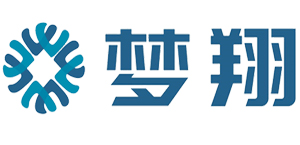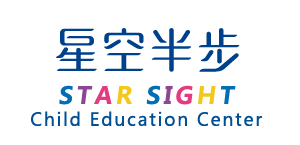转载|中国国际电视台《突破障碍:让特殊需要儿童进入普通课堂,他们做了26年的探索》

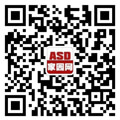
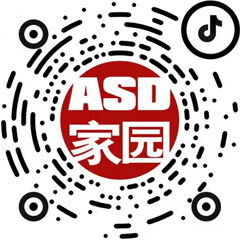
豆豆妈妈:“豆豆,这是中国国际电视台(CGTN)的全英文报道,报道之后,各国的人都可以看到我们幼儿园的工作了!”
豆豆:“那为什么要让别的国家看我们的幼儿园?”
豆豆妈妈:“你觉得呢?”
豆豆:“那他们肯定是非常喜欢和羡慕我们的幼儿园!”
豆豆妈妈:“为什么呀?”
豆豆:“因为我们的幼儿园这么漂亮,有我们这么快乐的小朋友和丰盛的午餐,还有我们幼儿园的小朋友都可以友好相处,可以一起到处玩儿呀!”
豆豆:“妈妈,让老师快告诉我们班的小朋友吧!不对,妈妈,英文的我们都看不懂呀?”
豆豆妈妈:“你们老师会把文章放到公众号里,所有关心我们的人都可以看见,微信里有‘全文翻译’,大家就都可以看懂了!”
豆豆:“哈哈,那太好了,赶紧发给大家看看吧,让我爸爸也看看,可高兴啦!”
下面就和大家分享一下CGTN报道的原文。
✦✦✦
Breaking barriers: A 26-year experiment to include special needs children in classrooms
It took Fu Jie several years to find the courage to bring her son Guoguo to play with other kids. The boy, now six years old, suffers from Asperger's syndrome, a condition that makes it almost impossible for him to communicate with his peers.
Rarely making eye contact with others, Guoguo often seems absentminded while his wild and unpredictable behavior has largely kept the other children distant toward him.
Guoguo's condition requires real-life social interactions to counteract the effects of disorder. Children like Guoguo will have a strong motivation to improve their linguistic skills, once they realize that verbal communication is essential while playing with others, Fu observed.
In 2019, Fu learned about inclusive education and found Qisehua Kindergarten. Located in Zhengzhou, central China's Henan Province, the kindergarten has over 20 years of experience in inclusive education, a system in which students with special needs can attend school with their general peers.
Allowing children of diverse backgrounds to learn in the same classrooms, inclusive education has been regarded as the most effective way to give all children a fair chance to grow and develop.
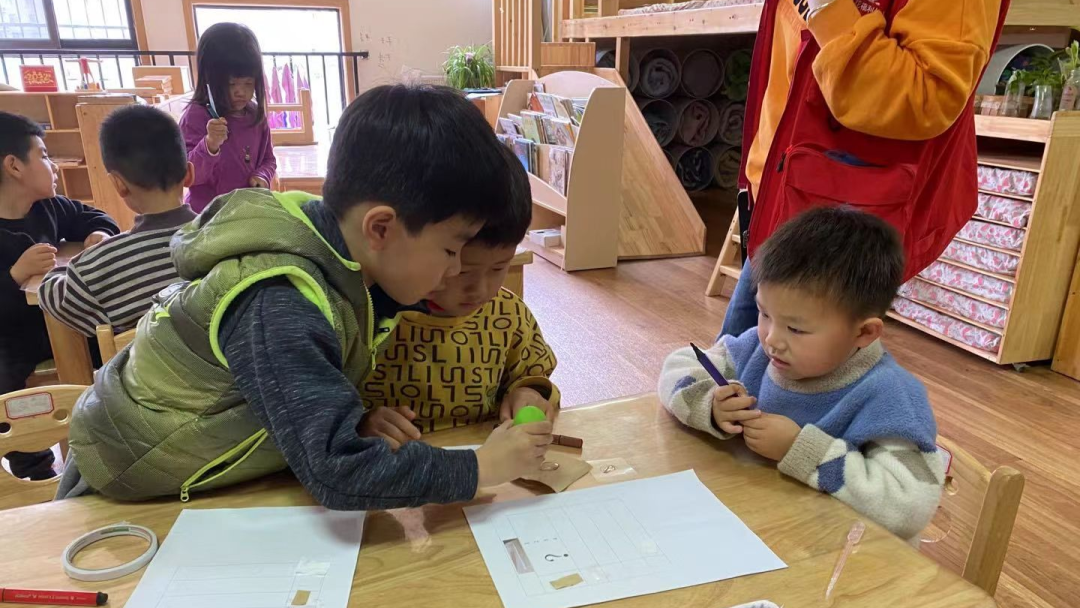
Guoguo helps a boy apply glue at Qisehua Kindergarten, Zhengzhou, Henan Province, China, 2022. /courtesy of Fu Jie
The 50 children with special needs currently in Qisehua Kindergarten make a highly diverse environment, with challenges caused by disorders such as autism, Down syndrome, cerebral palsy, hearing and vision impairment and some rare diseases.
In addition to wheelchair-accessible ramps and hand-washing sinks of varying heights, taps in the kindergarten can be turned on in a variety of ways, some requiring pressing, some lifting and some showing of hand. It's not just for fun, but to help keep autistic kids calm when they encounter different kinds of taps in the future.
At Qisehua, every child with special needs receives a tailored development plan, which lays out the specific instruction a student needs to thrive in the kindergarten. Every month, teachers and parents meet to review their children's performance and adjust goals based on their learning progress.
"It was hard for me to accept that my son was different. Through the parent empowerment program at Qisehua, I now understand that every child is unique, and my son needs a different kind of support," Fu told CGTN.
Every child deserves a good start
Today, Cai Lei still recalls the time she saw a young girl crying in front of the kindergarten where she worked three decades ago. The girl was rejected by the kindergarten due to her Down syndrome, which severely undermined the development of her body and brain. Since then, Cai dreamed of opening a kindergarten that embraces all preschoolers, with and without disabilities.
Since the 1980s, the Chinese government has been encouraging children with disabilities to learn in regular classrooms. However, the development of inclusive education in China was slow due to a lack of qualified teachers, as well as widespread prejudice against special needs children.
Most students with disabilities would attend government-run special education schools which, however, did not enroll preschool children at that time.
In 1996, when Cai first decided to bring special needs children into her classrooms at Qisehua Kindergarten, many parents became infuriated.
"They said if the special needs children didn't go, their children would," the 53-year-old recalled. "They worried their kids' development might be harmed by interactions with mentally or physically challenged children."
Liang Tiantian, current principal of Qisehua, joined Cai's team 20 years ago. She told CGTN that misconceptions toward children with disabilities were very common decades ago.
Liang recalls the first time she encountered an autistic child, who began spitting everywhere and slapping her own head, she was completely amazed.
But after all those years, Liang says she can bond with special children easily now. Behind every child with special needs is a family that requires special care, and the best support for them would be an inclusive environment which prepares their children to integrate into society, she said.
"For them, Qisehua has been like a life line which creates hope and miracle," Liang said. "This sense of mission has guided my work and is also why I have chosen to stay here for so many years."
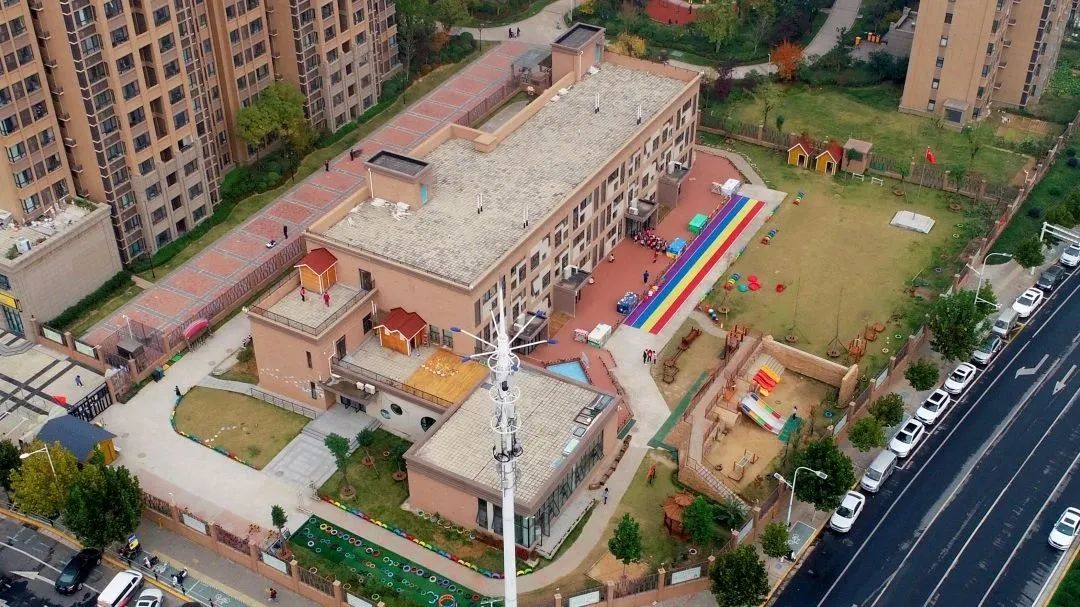
Aerial view of Qisehua Kindergarten in Zhengzhou, Henan Province, China, November 1, 2021. /courtesy of Qisehua Kindergarten
From 1 to 182
Earlier in November, China's Ministry of Education issued guidelines for evaluating the quality of special education, aiming to create a more inclusive education system with support from governments, schools, teachers and curriculum designs.
From 2014 to 2021, the Chinese government has issued three special plans to improve special education across the country. According to these plans, the enrollment rate of special needs students for the 9-year compulsory education, will reach 97 percent by 2025, and their opportunities to receive non-compulsory education will be significantly increased as well. Both special education schools and ordinary kindergartens are encouraged to enroll children with disabilities.
In October 2013, Qisehua shared its experience in an international conference on good practices in China's inclusive education held in Henan Province. Before that, the kindergarten already published two books on theories, practice and assessment of preschool inclusive education.
Hailing Qisehua as a role model, Henan has been promoting inclusive education by designating pilot programs throughout the province since 2015. Within six years, the number of inclusive kindergartens in Henan increased from 1 to 182, making it the first province in China to have inclusive kindergartens in every county. Qisehua has become the training base for teachers who work in inclusive preschools.
By 2021, Henan invested over 23 million yuan (about $3.2 million) in training teachers for inclusive education and equipping inclusive classrooms, according to the province's Education Department.
Among the 3,748 preschoolers Qisehua served, 10 percent of them are children with special needs. Cai hopes that, in the near future, the kindergarten will not be as special as it is now when all kindergartens in China are capable of including children with special needs and inclusive education stops being a taboo in the eyes of all Chinese parents.
文章\视频来源:CGTN






2022-04-22
2021-10-28
2021-10-28
2022-03-22
2020-08-30
2022-10-12
2022-09-26


2022-07-21
2023-10-14
2023-09-14
2023-09-07
2023-10-06
2022-12-29
2023-09-03
2023-01-09


2023-08-08
2023-06-08
2024-03-09
2023-07-10
2023-10-24
2023-07-10
2023-09-16
2024-04-25
2023-07-10
2023-09-26
扫码拨打
在线咨询
微信客服
 微信客服
微信客服
微信公众号
 微信公众号
微信公众号



